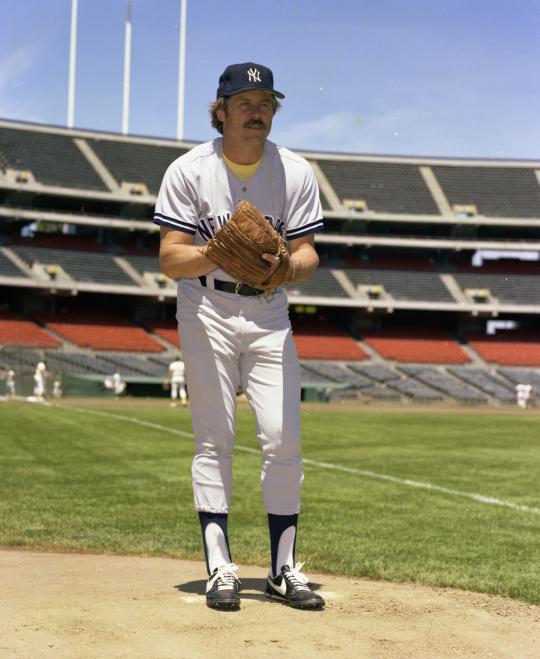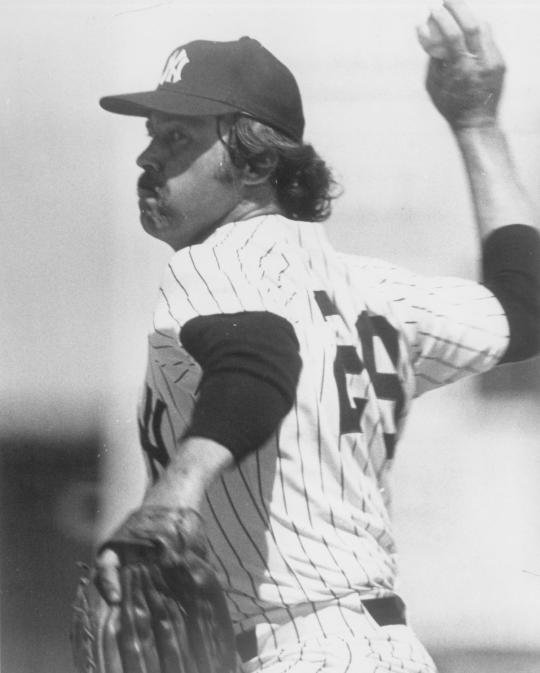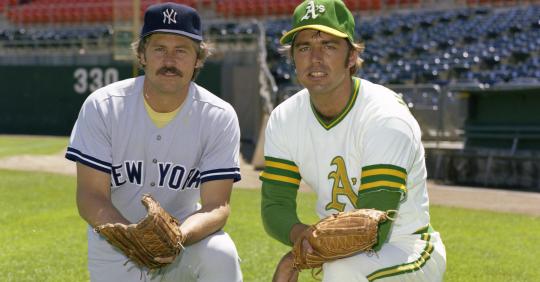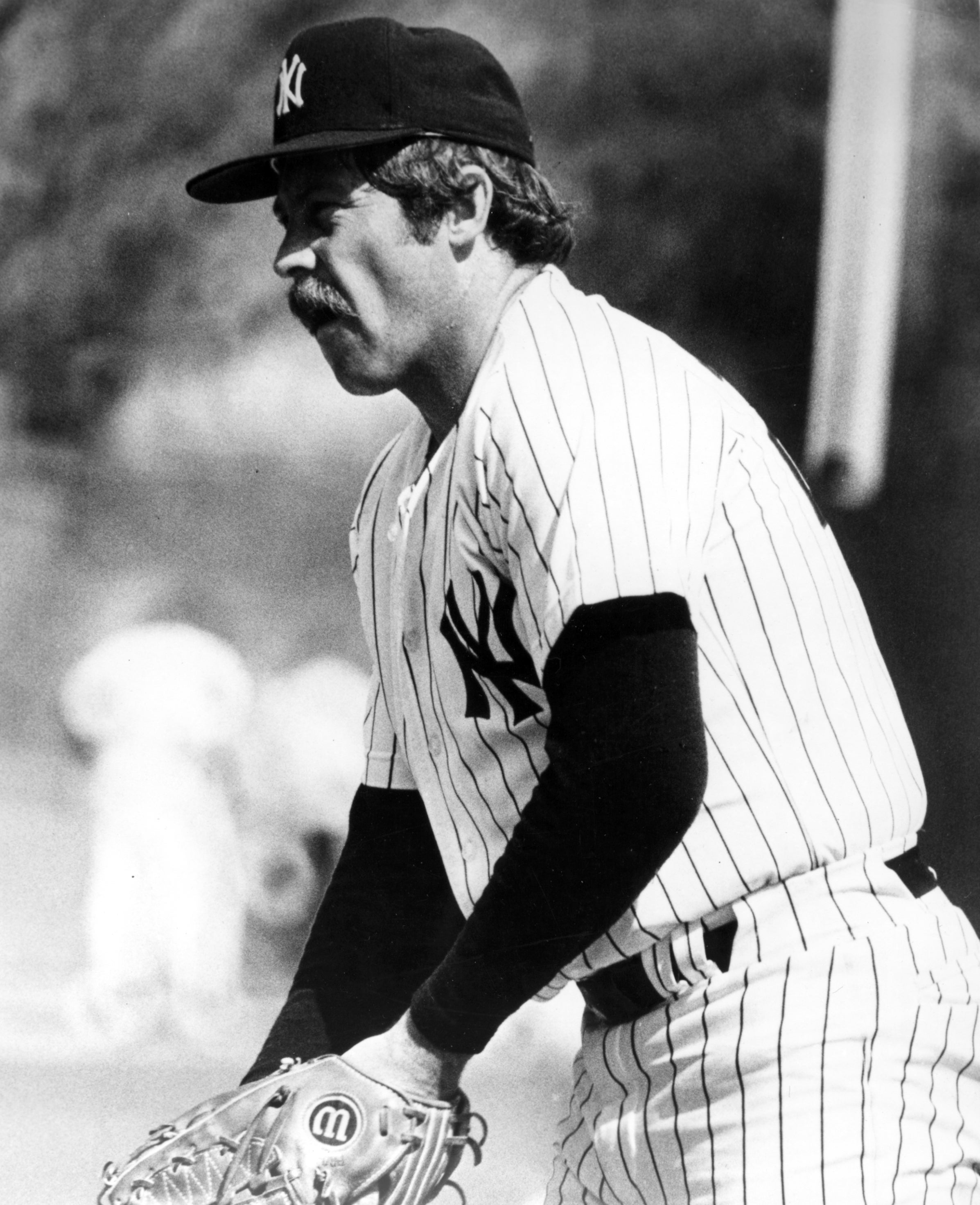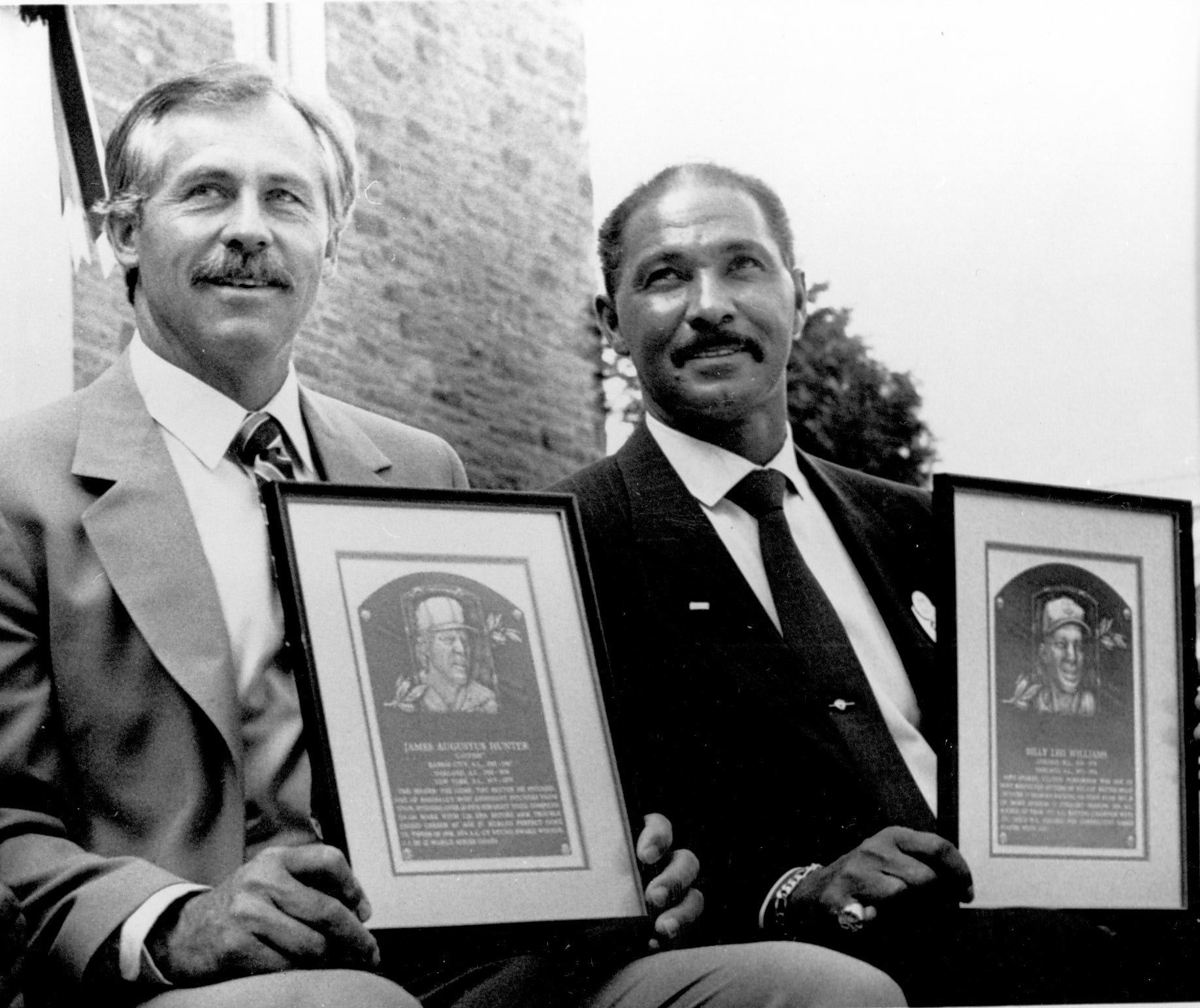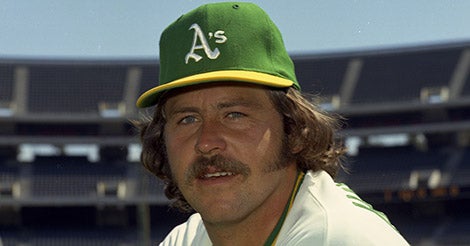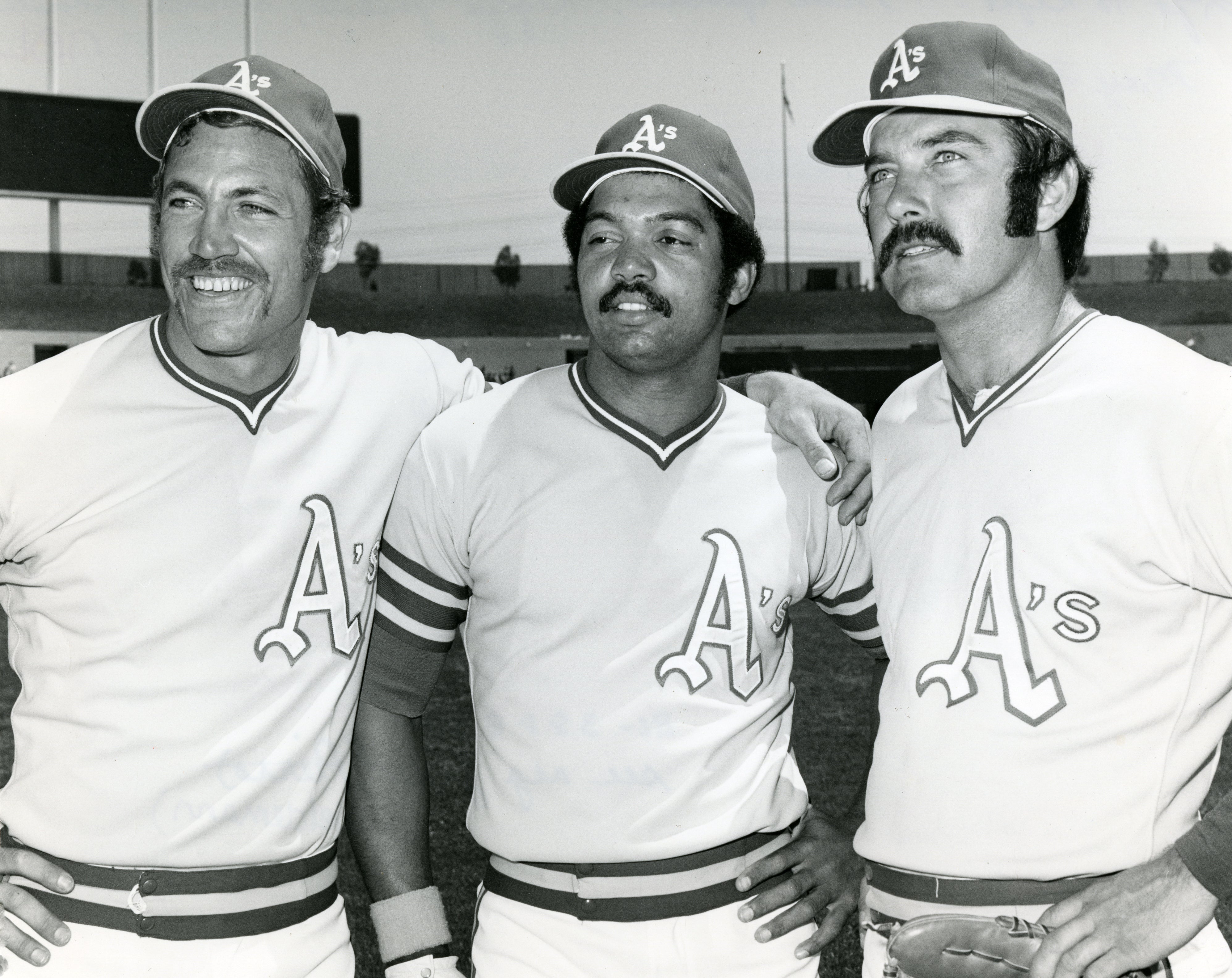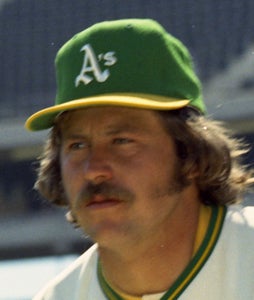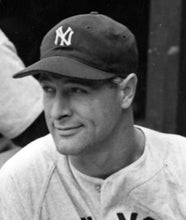- Home
- Our Stories
- Hunter helped usher in free agency era
Hunter helped usher in free agency era
Curt Flood began baseball's path to free agency with his U.S. Supreme Court case of 1972. Peter Seitz's arbitration ruling in 1975 officially set Andy Messersmith and Dave McNally free.
But in between, it was Jim "Catfish" Hunter who proved there was a lucrative market for baseball free agents.
Hunter, the Oakland Athletics star right-handed pitcher, met with A's owner Charles O. Finley on Nov. 26, 1974, in the offices of the American Arbitration Association in New York City. Hunter claimed Finley had breached his contract by failing to pay him $50,000 – half of Hunter's salary – into a long-term annuity fund.
Seitz was also the arbitrator in this case, and he eventually ruled that Hunter's contract had been violated, which made Hunter the first big-name veteran free agent of the modern era. Weeks later, Hunter signed baseball's first multi-million dollar contract with the New York Yankees, a deal worth $3.25 million over five years. Hunter received a $1 million bonus, a $150,000 per year salary and deferred compensation.
Jim "Catfish" Hunter helped the Yankees to three American League pennants and two World Series titles after leaving the Athletics following the 1974 season. With Oakland, Hunter led the A's to four AL West titles and three World Series championships. (Doug McWilliams/National Baseball Hall of Fame and Museum)
Share this image:
Hall of Fame Membership
There is no simpler, and more essential, way to demonstrate your support than to sign on as a Museum Member.
It was a bargain for a pitcher who would one day make it all the way to Cooperstown.
Hunter was a bonus baby with the Kansas City Athletics who broke into the big leagues at age 19. Three years later in 1968, Hunter authored a perfect game. In 1971, he began a string of five straight seasons with at least 21 wins – leading the A's to the American League West title in the first four of those years. Oakland won the World Series in 1972, '73 and '74 – and Hunter was 4-0 with a save in those three Fall Classics.
With the Yankees in 1975, Hunter went 23-14 in a career-best 328 innings, finishing second in the AL Cy Young Award voting after winning the award the year before. His 17-15 record in 1976 helped push the Yankees into the World Series, and despite injuries over the next two seasons, he was a major contributor to New York's back-to-back World Series title teams in 1977 and '78.
Hunter retired after the 1979 season and was elected to the Hall of Fame in 1987 in his third year of eligibility. He finished his career with a 224-166 record and a 3.26 ERA.
Hunter died on Sept. 9, 1999, after being diagnosed with Lou Gehrig's Disease.
Craig Muder is director of communications for the National Baseball Hall of Fame and Museum
Catfish Hunter of the New York Yankees, shown here with former Athletics teammate Dave Hamilton, became the first big-name free agent of the modern era following the 1974 season when Athletics owner Charlie Finley was found to have breached Hunter's contract. (Doug McWilliams/National Baseball Hall of Fame and Museum)
Share this image:

